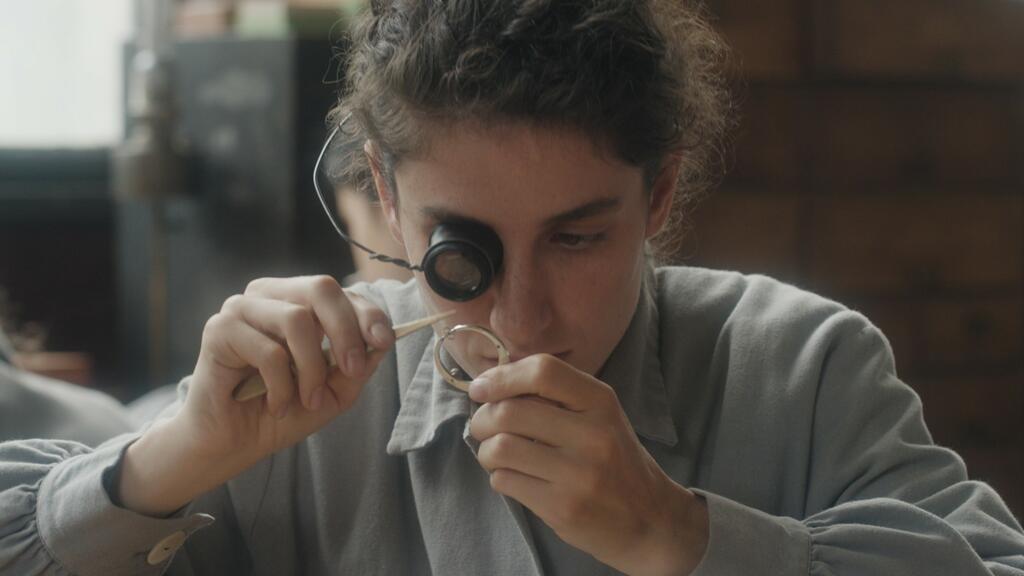Cinema Scope Magazine 92: Editor’s Note

By Mark Peranson
If anyone remembers last issue’s editor’s note from way back when, I did promise you more on Kelly Reichardt, and herein we deliver on that promise (ignore some of the other promises, please, I’m not in control of everything). It’s been quite a banner year for Reichardt, with her being awarded the Carrosse d’or from the Quinzaine des réalisateurs (sic), her “little film” Showing Up premiering in competition at Cannes, receiving the Pardo d’onore in Locarno, and not having to attend Toronto. I have no comment on the latter, as distributors have release plans and all that—or maybe Kelly isn’t vaccinated or has an outstanding warrant in Ontario, who knows—but the fact that Showing Up is skipping TIFF to show up as a North American premiere at the New York Film Festival has no impact on the film’s presence in the magazine and on the cover. (Nor were there any bribes from A24, though if you guys want to advertise, I’ve got the space: just email info@cinema-scope.com and we can make magic happen.)
There’s plenty of other TIFF-related content in here that I will doubt you will see elsewhere, such as interviews with Swiss filmmaker Cyril Schäublin and the one and only Tacita Dean, and a feature on the films of Adirley Queirós. Plus we are back at full strength online with our usual expansive festival coverage, which is archived for your post-festival pleasure. In fact, in print over the last few issues we managed to cover all of the Wavelengths feature films, which was not a difficult task as at this year’s festival there are only eight of them, which is about the same size as the television section; meanwhile, the Wavelengths short film programs, long a staple of the festival, have this year been whittled down to two. (Hell, one of these features was even on the cover way back in March—and that’s the exception that doesn’t even prove the rule, because it’s Canadian.)
Yes, there are a few other premieres in Toronto from auteurs that we know and love, such as Hong Sangsoo and Ulrich Seidl, but the burgeoning presence of world premieres of streaming content—as opposed to “older” films that a fair bit of the local audience will want to see in cinemas—is more than a bit concerning. I don’t want to be too harsh, as there’s no accounting for taste and a lot of hand-wringing goes into these decisions. Festivals are festive occasions, for sure, and the big films and events are even necessary for the smaller films to continue to have a place in the ecosystem. So, sure, bring Spielberg to Toronto, nothing wrong with that. Let Jason Reitman have another celebrity table read, no skin off my back. And, of course, it is important for a festival like TIFF to introduce new films into the market in order to attract the industry—and, for better or worse, a lot of these are now produced by platforms. It’s complicated.
All of these arguments are perfectly acceptable, and apply to all film festivals, but we shouldn’t forget the reasons why we all got into this job in the first place, which is the promotion of film as an art form. The impact that festivals have on general art-house distribution should not be overlooked; of course, as touched on above, sometimes it’s the distributor who decides to skip festival screenings for certain films, because everyone has their reasons. And there’s nothing wrong with having to wait a few more months, so long as the film already has the word of mouth and the option exists to see it in a cinema. However, there are plenty of more-than-worthy titles that could benefit from the exposure that are passed over simply because they are too “old,” or newer films that programmers assume won’t appeal to a broader audience. But an audience needs to be nurtured and respected, now more than ever—otherwise, we’re doomed.
Mark Peranson

